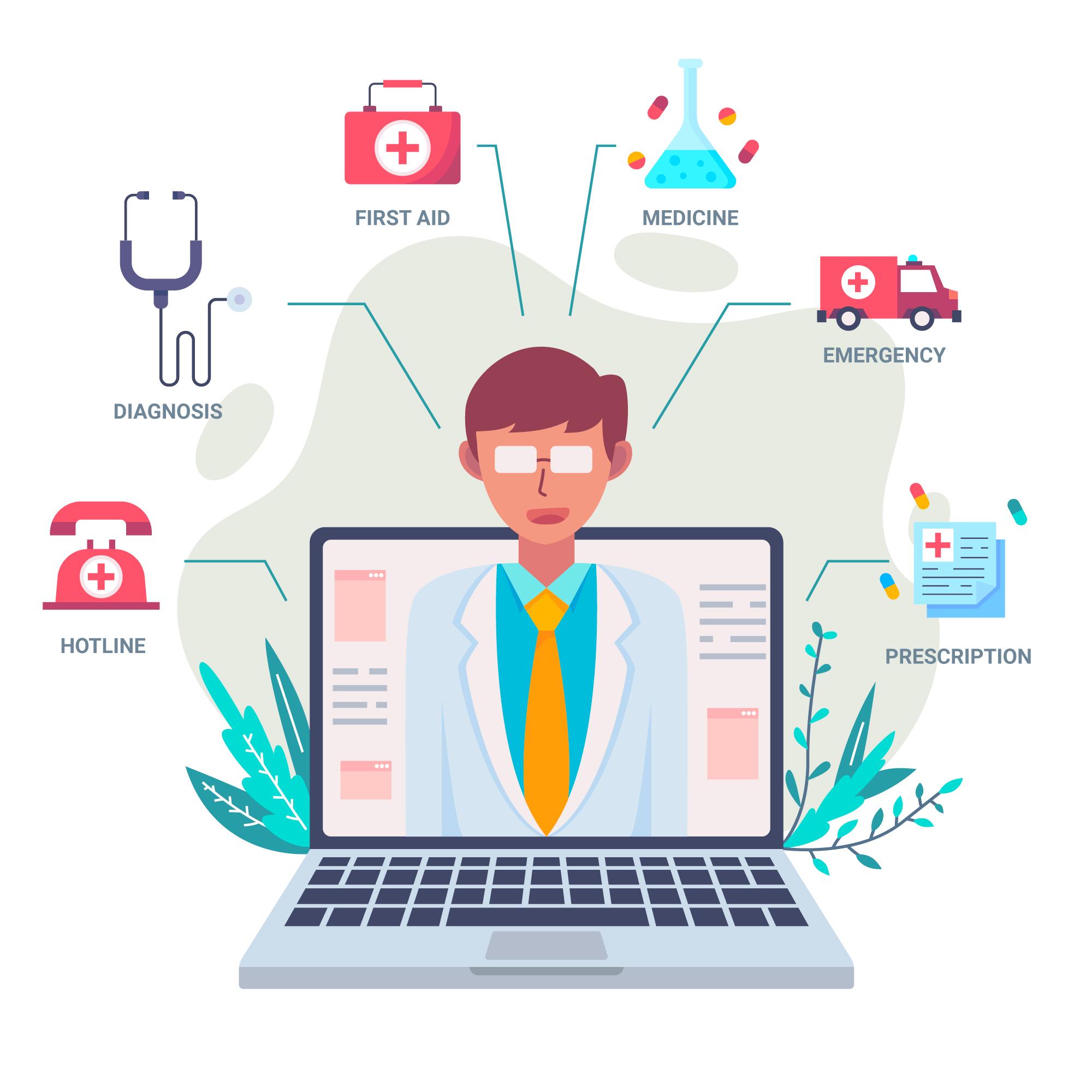Improving Patient Outcomes with Custom CRM Solutions
In today’s rapidly evolving healthcare landscape, patient care and satisfaction are top priorities. With advancements in technology, healthcare providers are increasingly turning to custom CRM (Customer Relationship Management) solutions to enhance their services and, in turn, improve patient outcomes. This blog explores the role of CRM development services and healthcare application development in enhancing patient care and driving better results in the healthcare industry.
The Importance of Custom CRM Solutions in Healthcare
Patient care goes beyond the clinical aspects; it includes the overall experience and satisfaction of the patients. Healthcare providers are realizing the need to implement tailored CRM solutions to address the unique needs of their patients and improve outcomes. Here’s how custom CRM solutions play a crucial role:
- Personalized Patient Interactions: CRM systems allow healthcare providers to collect and manage patient data efficiently. By customizing CRM solutions, providers can create personalized patient profiles, enabling them to offer tailored care and treatment plans.
- Streamlined Communication: Effective communication among healthcare providers, staff, and patients is essential for patient care. Custom CRM solutions facilitate seamless communication, reducing the chances of miscommunication or delays in patient care.
- Patient Engagement: Engaged patients are more likely to adhere to their treatment plans. Healthcare application development integrated with CRM can include features like appointment reminders, health tracking, and educational resources, encouraging patients to stay actively involved in their healthcare journey.
The Role of CRM Development Services
CRM development services are pivotal in creating bespoke CRM solutions for healthcare. These services provide the expertise and technology required to design and implement CRM systems tailored to the specific needs of healthcare providers. Here’s how CRM development services come into play:
- Needs Assessment: CRM development service providers assess the unique requirements of healthcare facilities. They identify pain points, workflow inefficiencies, and areas where CRM can make a significant impact.
- Customization: A one-size-fits-all approach doesn’t work in healthcare. CRM development services ensure that the CRM system is tailored to the specific needs of the healthcare facility, including integration with existing systems and adherence to regulations like HIPAA.
- Scalability: As healthcare facilities grow, their CRM needs may change. CRM development services create systems that can scale as needed, ensuring that the CRM solution remains effective and relevant over time.
- Data Security: Healthcare data is highly sensitive and must be protected. CRM development services ensure that the system is equipped with the necessary security measures to safeguard patient information.
Healthcare Application Development Enhancing CRM
To further improve patient outcomes, healthcare providers are turning to healthcare application development to enhance their CRM solutions. Here’s how it works:
- Mobile Accessibility: Healthcare apps allow patients to access their CRM profiles and healthcare information on the go, promoting self-management and engagement.
- Telemedicine Integration: Integrating telemedicine features into healthcare applications enables remote consultations, reducing the need for in-person visits, especially in cases where transportation or mobility is a challenge.
- Remote Monitoring: Healthcare applications can connect to wearable devices, providing real-time health data to both patients and healthcare providers, allowing for proactive interventions.
- Data Analytics: Healthcare application development can include data analytics tools, which help healthcare providers track and analyze patient outcomes and treatment effectiveness.
In Conclusion
Custom CRM solutions, powered by CRM development services and healthcare application development, have become indispensable tools for healthcare providers looking to improve patient outcomes. By offering personalized care, streamlined communication, and enhanced engagement, these solutions empower healthcare facilities to provide a higher standard of care and ultimately drive better results for their patients. As the healthcare industry continues to evolve, the integration of custom CRM solutions will likely become even more vital in ensuring patient satisfaction and positive healthcare outcomes.





